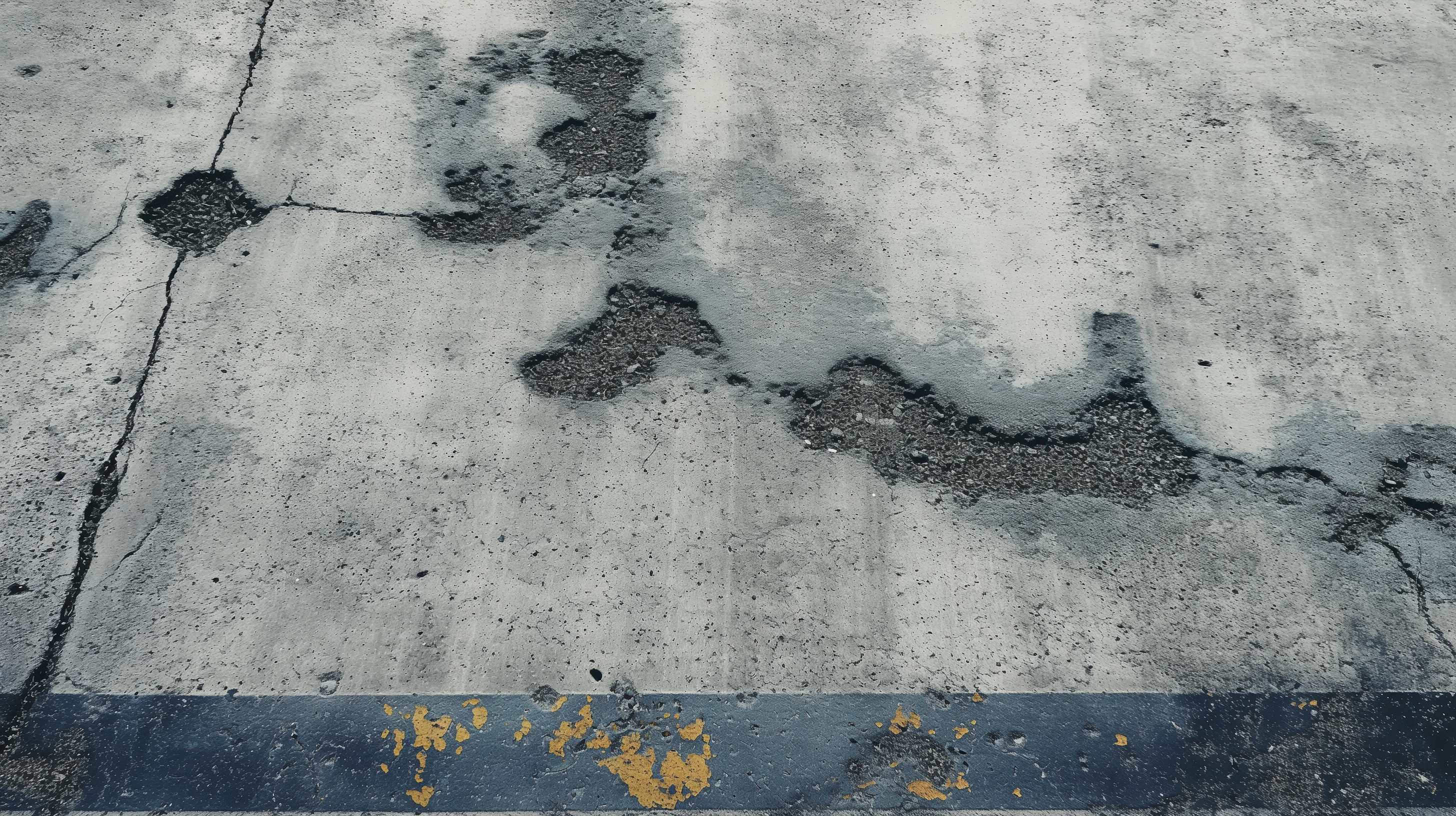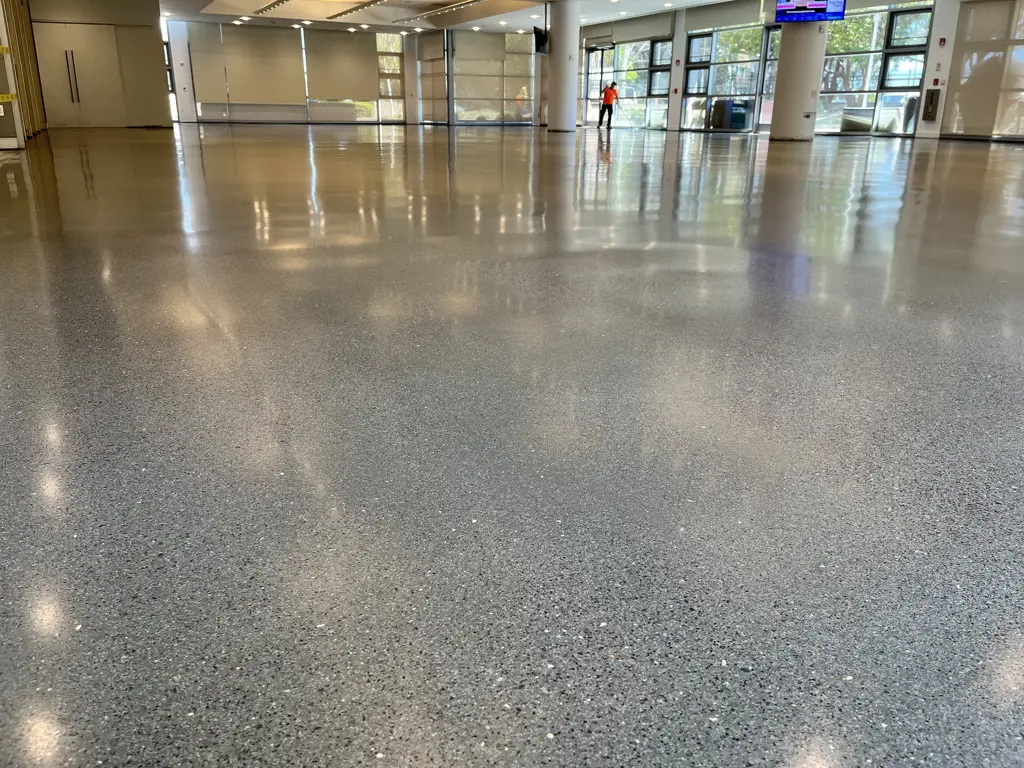Concrete construction jobs are no small feat. You’re dealing with foundations, walls, and structures that need to last. You want to be sure your concrete stands the test of time, and liquid hardeners are essential in your success.
What are Liquid Hardeners and Why Use Them?
Concrete liquid hardeners or concrete densifiers are solutions sprayed onto new or existing concrete surfaces. They penetrate into the concrete and create a chemical reaction which improves the slab’s porosity, durability and strength. Liquid hardeners are often used on warehouse floors, retail spaces, and distribution centers.
Here’s how liquid hardeners improve concrete:
Enhanced Strength: The reaction with the free lime in the concrete fills in the pores of the concrete with an insoluble gel, making the concrete less porous and more dense and resistant to everyday wear.
Dustproof: the reaction with the free lime tightens the concrete surface, eliminating dusting which means a cleaner workspace and final product.
Durability: Liquid hardeners-treated surfaces help protect concrete against freeze thaw damage and weathering caused by liquid penetration and chemical damage.
Comparing SpecChem’s Liquid Hardeners: Cure Hard, LithSeal Lite, LithSeal SC, and SpecHard – IntraSeal
Different jobs call for different hardeners. Here’s a breakdown of some of SpecChem’s primary liquid hardener offerings:
Cure Hard is designed as a cure/dustproofer. As a sodium silicate it penetrates and reacts with the concrete, ensuring the concrete is cured, hardened, and dust-proofed, thus enhancing its durability.
LithSeal Lite, LithSeal SC, and SpecHard/Intraseal all penetrate the concrete without leaving a membrane on the surface like curing compounds do. LithSeal Lite is a popular choice for large warehouses since it’s compatible with SpecChem Tilt-Up bondbreakers and helps harden/densifies the casting beds. Both LithSeal Lite and LithSeal SC are based on lithium silicate. They’re known for going deep into the concrete and holding up well against alkali-silica reactions (which can lead to expansion and cracking) and are reliable choices when you need something that’s going to last.
The difference between LithSeal Lite and LithSeal SC lies in the solids content. LithSeal Lite has a lower solids content, making it ideal for hard trowelled, burnished warehouse floors. These floors are troweled so tightly that a heavier solids product might not penetrate as effectively. The lighter solids content of LithSeal Lite ensures it can penetrate these surfaces more efficiently.
SpecHard/Intraseal and LithSeal products function similarly but differ in chemistry. SpecHard/Intraseal is siliconate, while the latter is a lithium silicate. Both aim to harden and densify the floor, but the application varies. Lithium products are generally easier to apply. However, specific projects might demand the use of SpecHard/Intraseal.
Applying Hardeners Right
To get the most out of your hardeners, proper application is key:
Clean Surface: Before you start, make sure there’s no dust or debris on the concrete.
For LithSeal Lite, Spray It On: A low-pressure sprayer will do the trick. Aim for a smooth, even layer and avoid puddling. Excess should be spread with a microfiber applicator.
For SpecHard-Intraseal, Scrub It On: The floor should be flooded with the material, scrubbed mechanically, keeping the slab wet for approximately 20-30 min. until the material starts to gel, and then rinsed and squeeged off.
Check the Label: Some hardeners might need a second coat, so always check the instructions.
From Cure Hard to LithSeal, liquid hardeners are an essential tool in your belt for creating concrete that’s built to last. Not all liquid hardeners are made the same, so it’s important to know the difference. Next time you’re deciding on a liquid hardener, think about the job at hand and pick the best fit. And as always, if you have any questions contact your SpecChem Sales Team. We’re happy to help.





